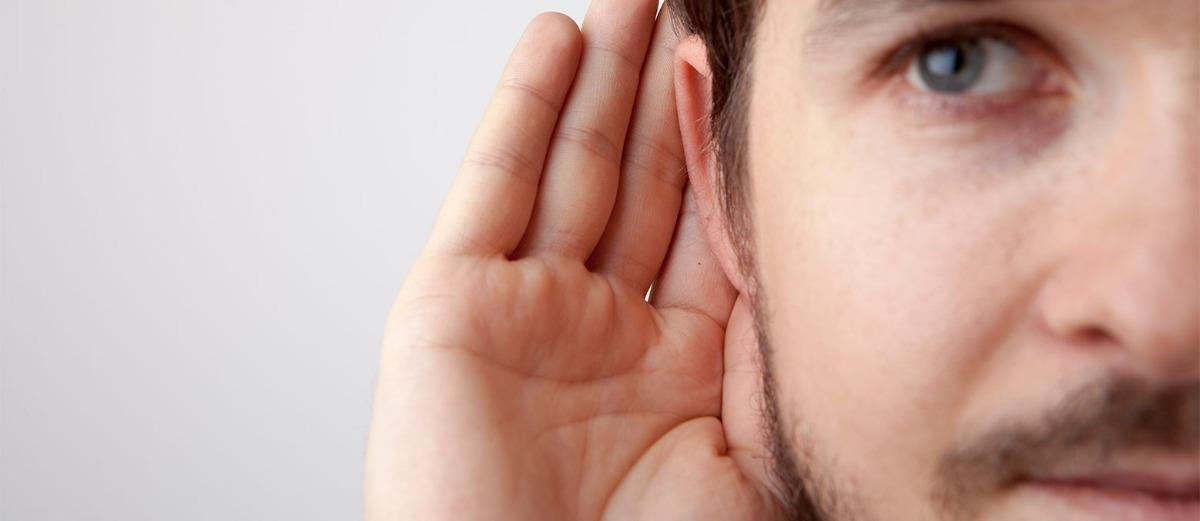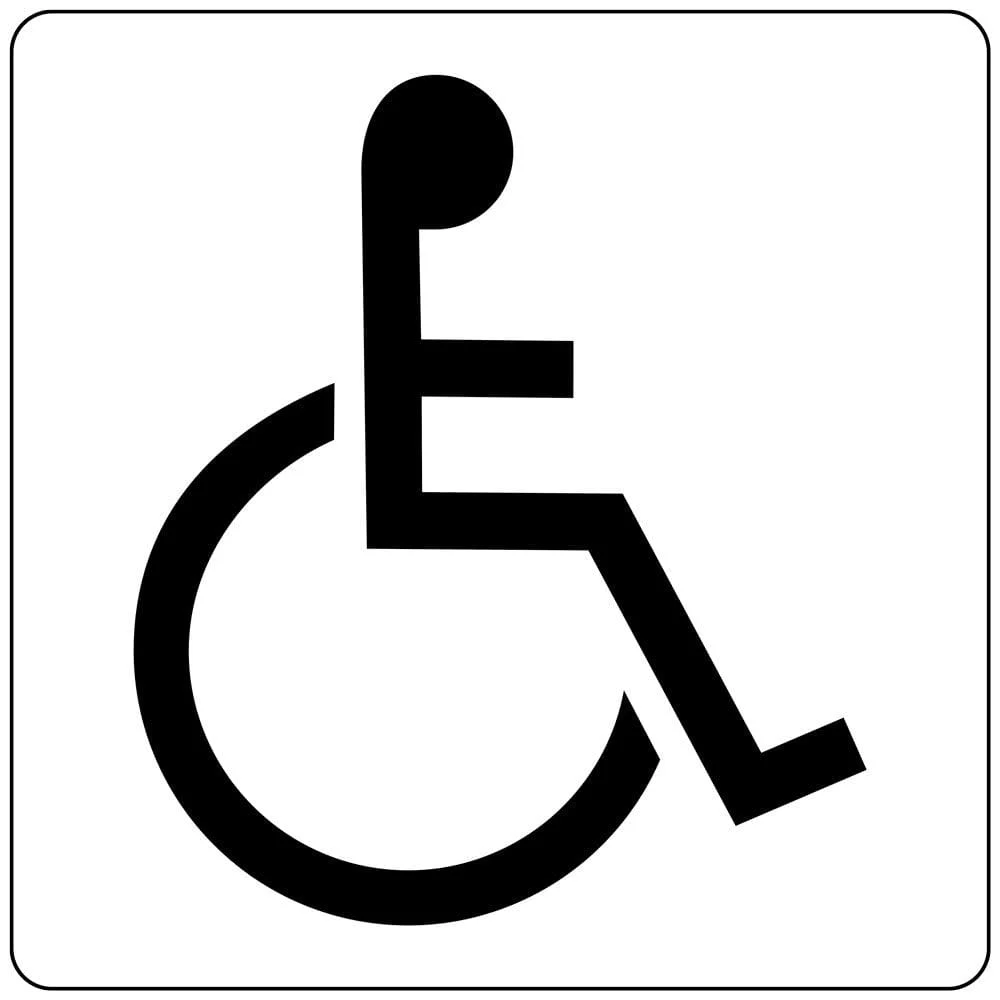
Your hearing is almost constantly changing and adapting throughout your life. At what age is it best, and how can you preserve your hearing over time? Here are some hearing tips for every age.
From the moment we’re born, our hearing is either developing or deteriorating. While this can sound a bit intimidating, our hearing does not degrade quickly. If properly protected and taken care of, this process can be extremely slow and completely negligible. However, if we frequently expose ourselves to loud sounds and prolonged noise, we can speed up damage to our hearing.
That begs the question: at what age is our hearing the best? We’ll be answering that question and many others in this article, which explores our hearing over time, and discusses the best ways to protect our hearing from damage.
A Hearing Timeline
Our hearing starts developing while we’re still in the womb, and we come to recognize our mother’s voice before we’re even born. As newborns, our ears are filled with fluid and our hearing is not fully developed, but we are capable of hearing lullabies, loud noises, and what’s happening around us. Our hearing plays a large part in language development and awareness, so babies come out of the womb with their hearing intact.
As we grow into toddlers and young children, our hearing grows with us. It allows us to pick up sounds and syllables, strengthening our understanding of tone and language. Before long, we’re able to speak and communicate with others. However, congenital or acquired hearing loss can impact children’s development.
By the time we’re teenagers, our hearing is nearly fully developed. We start developing our taste in music, and we should have a firm grasp of our spoken language. Our late teens are where our hearing switches from development to deterioration, though we won’t notice this change at all. As long as no severe noise-related hearing loss has been acquired (car accidents, loud bangs, etc.), our hearing is in its prime by the time we’re 18.
Our early 20s make up our best years hearing-wise. A person with healthy hearing can hear a pin drop and will have next to no problems carrying a conversation in a crowded room. As long as other issues are not present, like auditory processing disorder or autism, a hearing person should have very few problems hearing and understanding those around them. By the time we hit 25, our hearing will start to degrade, though these effects will be impossible to detect for most of us.
When Will I Have Trouble Hearing?
That depends on your lifestyle. While everyone’s hearing is different, most people start to lose their grasp on their hearing after the age of 50. However, people with exceptionally good and well-protected hearing might not notice a problem until they’re well into their 60s. On the flip side, those who have lived high-volume lifestyles might begin noticing problems as early as their mid-30s or earlier. This includes construction workers, people who served in the military, people who work around planes, and musicians.
Age-related hearing loss, or sensorineural hearing loss, is caused by noise exposure, which means prolonged exposure to loud sounds. This can include loud music, engines, machinery, and even gunfire. Even if you don’t work a job with high rates of noise exposure, simply living in a crowded city, taking the subway often, and frequently attending loud events can accelerate hearing loss. Some people with exceptionally high rates of noise exposure can begin losing their hearing in their 20s.
It’s impossible to accurately determine when you’ll begin losing your hearing. It depends on many aspects of your life and genetics. This is why frequent hearing tests are vital to your hearing health. Sensorineural hearing loss is gradual and nearly impossible to detect in its early stages. You should have a full audiogram done whenever you suspect something is off about your hearing.
If hearing loss runs in your family, you might be at greater risk of age-related hearing loss. Have some of your grandparents or older relatives gone deaf at a young age? That’s a sign that you should be careful about your own hearing. There are many factors at play when it comes to sensorineural hearing loss. However, once you acquire any level of hearing loss, it’s permanent. For that reason, you must play it safe with your ears. While it might feel like a hassle to wear earplugs and check the volume all the time, it can save you from severe hearing loss later in life.
Protecting Yourself From Age-Related Hearing Loss
As mentioned above, prevention is the more important part of hearing loss protection. While certain medications and conditions can put you at risk of developing hearing loss, noise exposure is the number one culprit behind most cases of sensorineural hearing loss. Loud noises wear down the tiny hairs in our cochlea, which help us detect sound. As these hairs are worn away, our hearing degrades and disappears. Luckily, there are ways to combat this process.
• Earplugs and headphones. While this one is obvious, it’s important. If you want to attend a concert, car show, gun range, or other loud environments, you need to pack a pair. Even if you feel like it’s a hassle or takes away from the experience, it can play a large role in protecting your hearing.
• You should even use earplugs in your day-to-day life if you find yourself taking the subway or packing into noisy crowded areas.
• Turn down the volume. Many people, especially young people, are jacking up the volume on their music, televisions, and surround sound systems. It’s best to reduce this risk as much as possible.
• Take breaks. If you’ve felt overwhelmed or exhausted by noise at any point during the day, have some quiet time when you get home. This can give your ears time to recuperate.
• Limit your time at parties and clubs. The longer you stay in loud areas, the worse the effect will be. If you frequently attend parties or clubs, try to set a time limit for yourself depending on the volume levels. The louder it is, the less time you should stay.
Above all else, be conscious of your hearing. Many people don’t realize they’re doing damage to their ears until it’s too late. Assess situations according to how much of a strain they’ll be on your ears, and get your hearing tested often. Your vigilance will save you a lot of trouble as you grow older.
Did this article help you? Signia has an entire library of articles like these, all of which can help you get a better understanding of your ears, hearing loss, and hearing aids.
Click here to access the original article by Signia

